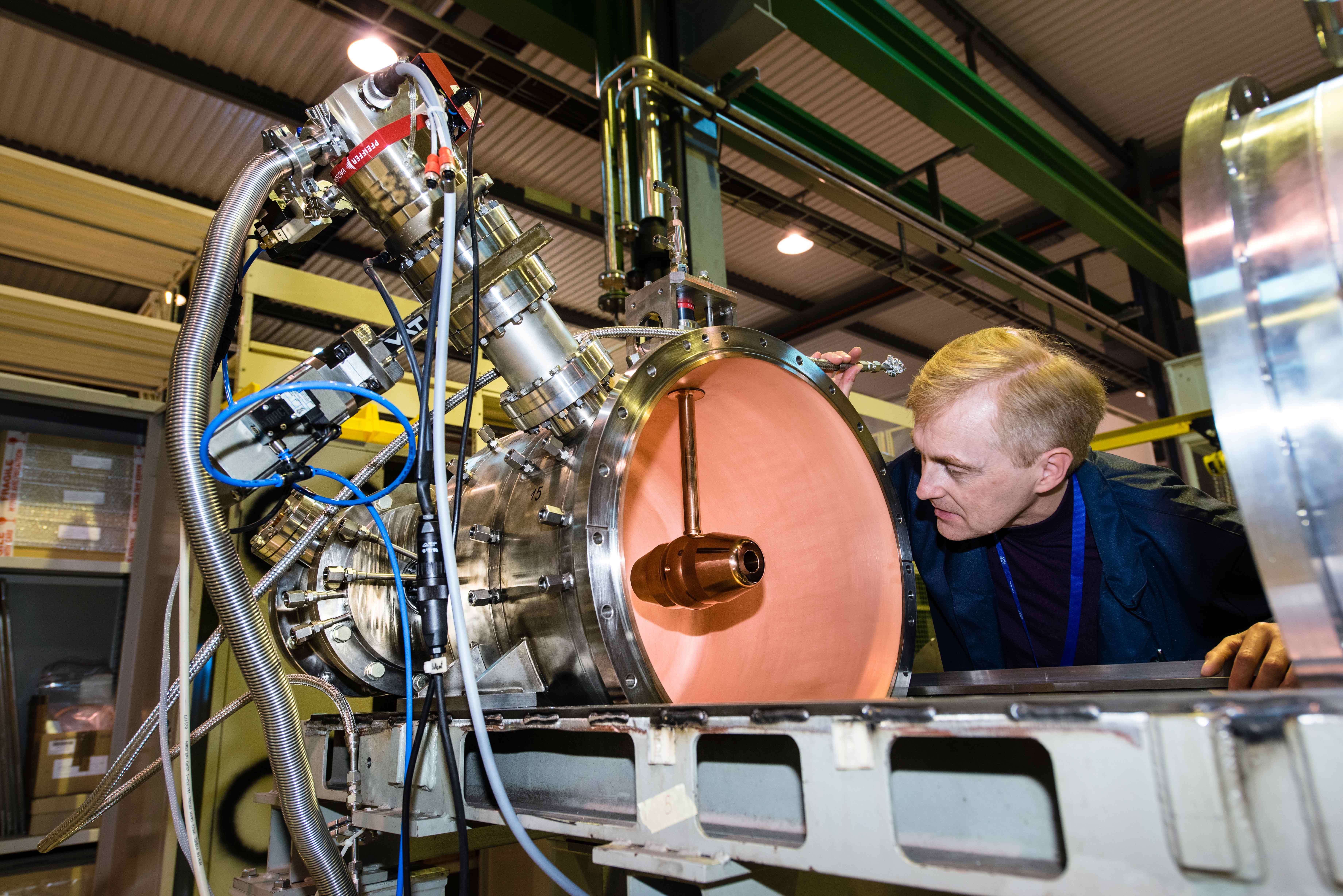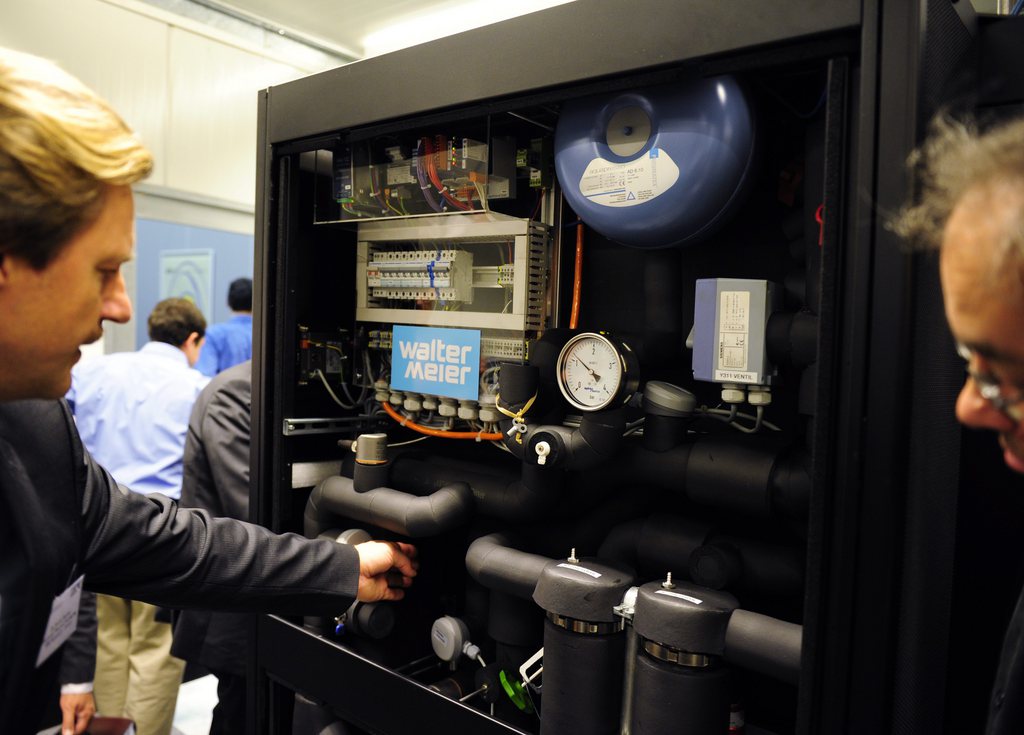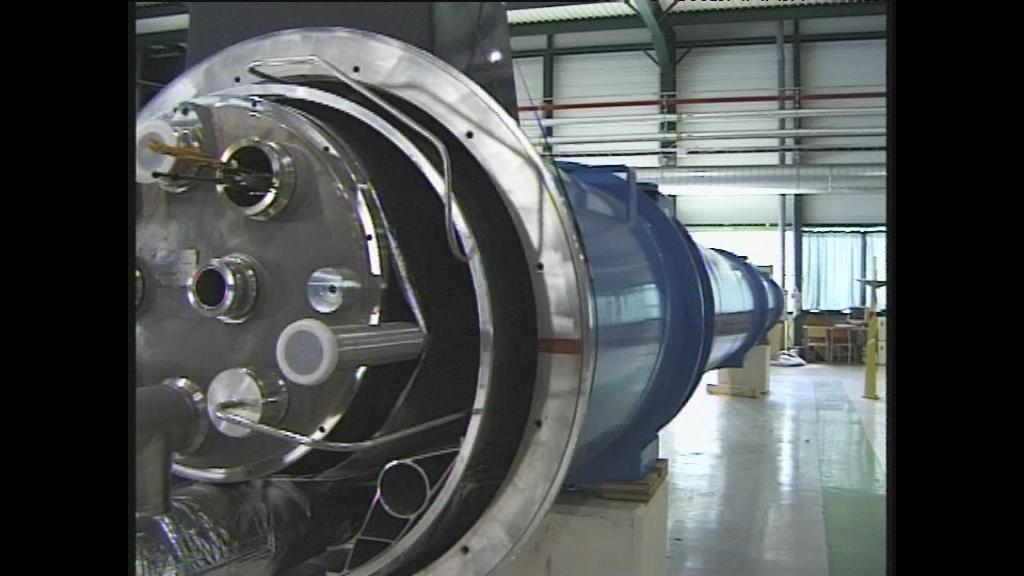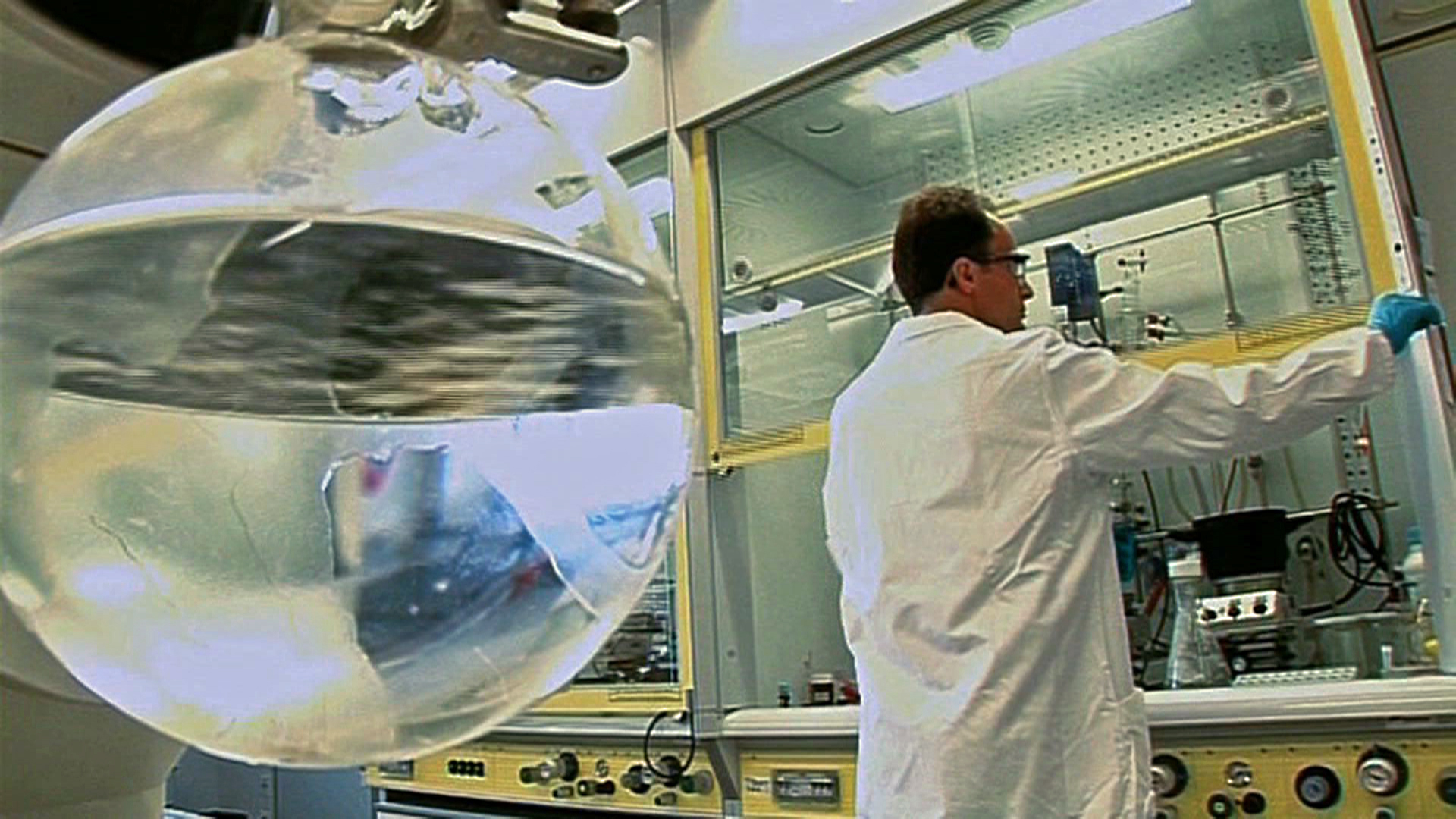Switzerland seeks to confirm top research spot

Switzerland tops all major research and innovation rankings worldwide, largely thanks to generous funding and a clear separation between public and private research, as well as academic freedom that attracts some of the brightest minds.
The country boasts the world’s highest number of scientific publications per capita and the second highest for citations, the State Secretariat for Education and Research (SER) said in 2011. The OECD Factbook also shows that in 2009 the country registered the most patents per head, an indicator for innovation.
“In all rankings and in all indicator lists you will find Switzerland on one of the first five places,” said David Bohmert, the head of SwissCore, which represents the interests of the Swiss National Science Foundation, the SER and the Federal Office for Professional Education and Technology at the European Union in Brussels.
As a nation, Switzerland is highly respected as research location by its European partners and is often considered as an example to follow according to Bohmert.
“Most European countries lose their researchers to the United States once they complete their taxpayer-funded education,” he stated. “We are one of the few countries worldwide, which attracts more researchers from the US than it loses to them.”
Switzerland is “the country with the most marked migration of top researchers within Europe”, the EU Commission commented about a ranking of international cooperation in research and innovation. “On a global scale, it is second behind Japan.”
“In most European countries the balance is negative, reflecting the brain drain those nations are suffering from.”
Switzerland is also attractive for students seeking higher education, the commission said. “Austria, Luxembourg, Switzerland, the UK, Australia and New Zealand have the highest percentages of foreign students,” it added.
Intellectual freedom
Rightwing politicians say that Switzerland’s high salaries are one of the reasons for its appeal to foreign researchers and professors. But, according to Bohmert its attraction is also due to the international reputations of the Federal Institutes of Technology in Zurich and Lausanne.
“All indicators clearly show that salaries are not the primary reason,” Bohmert pointed out, adding that the attraction is rather a result of the country’s research policy and instruments. “In Switzerland, we try not to let the state dictate research.”
“This is a completely different approach to other European countries. As a consequence, researchers, who come to Switzerland, have a lot of freedom. This is one of our distinct strengths.”
In addition, Switzerland “does not support private research with public funds”, Bohmert stressed. “As a result, pharmaceutical companies such as Roche or Novartis are some of the world’s largest investors in research and innovation.”
“Unlike other countries, Switzerland has a private sector, which thinks long and hard in what research it invests in, while committing relatively large sums,” the SwissCore director explained.
This may partly be due to the fact that the private sector does not rely on public research programmes to pursue its own goals, Bohmert said, adding that in Switzerland it is clear that public funding has to be used for basic and applied research.
Cern –a quantum leap
Since the end of the Second World War, Switzerland has maintained close scientific ties with other European countries. From the beginning, it participated in continental research projects. The most prominent example is Cern, the European Organization for Nuclear Research, which opened its doors 1953 on the outskirts of Geneva.
Since the early 1990s, Switzerland has been participating in European research programmes, eventually being affiliated with the EU’s Framework Programme for Research and Innovation. “Viewed from a historical perspective, Switzerland has been a part of the European research landscape” from the beginning said Bohmert.
It has also maintained a leading position with substantial financial backing.
With three per cent of the gross domestic product (GDP) spent on research, Switzerland is not only “well above” the European average according to Bohmert, but in fact already meets the EU’s 2020 goal of spending an identical percentage of GDP on research.
In Switzerland, there is a broad political consensus that education and research are a priority in a country without natural resources.
This is illustrated by the fact that parliament topped up a government framework credit for research spending by SFr300 million ($322 million) for the four years through 2016. Only the rightwing Swiss People’s Party would rather see the government spend more money on occupational training than research.
In total, Switzerland will probably invest SFr26 billion on research between 2013 and 2016. Parliament has not yet approved a credit of more than SFr2 billion for EU programmes and a special credit of SFr2 million for research into the replacement of nuclear power.
In total, Switzerland plans to invest more than SFr26 billion in research over the next four years.
In the autumn session, parliament approved credits worth SFr23.8 billion. In addition, it is considering SFr2 billion for EU research programmes.
Over the coming months, the government will present parliament with a special paper on research related to the end of nuclear power.
It proposes to allocate SFr2 million to the Federal Technology Institutes in Lausanne and Zurich, the Federal Laboratories for Material Sciences and Technology and the Paul Scherrer Institute.
The technology institutes are also in the lead to receive the SFr9.5 billion research funding of the general framework credit over the next four years.
The Swiss National Science Foundation is set to receive about SFr3.7 billion. Those are funds for basic research in the area of medicine, humanities and natural sciences, where Switzerland wants to stay top.
The science foundation also deals with the promotion of young researchers.
The universities will receive SFr3.1 billion. The Commission for Technology and Innovation is set to get another SFr600 million.
(Translated from German by Chantal Britt)

In compliance with the JTI standards
More: SWI swissinfo.ch certified by the Journalism Trust Initiative



You can find an overview of ongoing debates with our journalists here. Please join us!
If you want to start a conversation about a topic raised in this article or want to report factual errors, email us at english@swissinfo.ch.